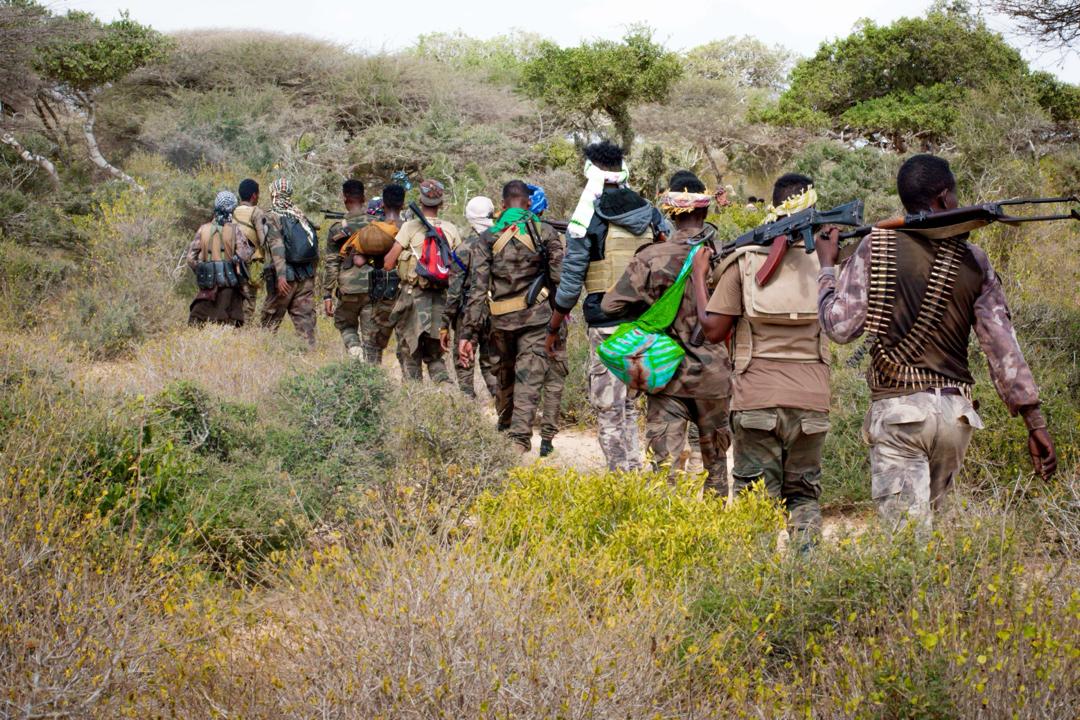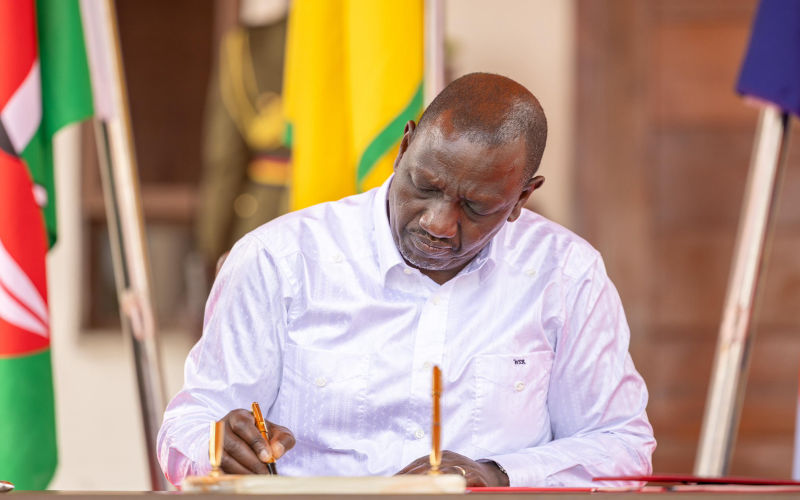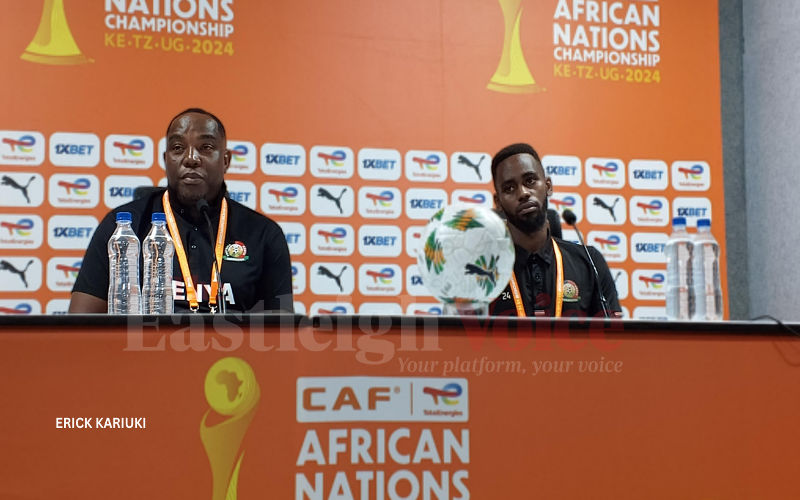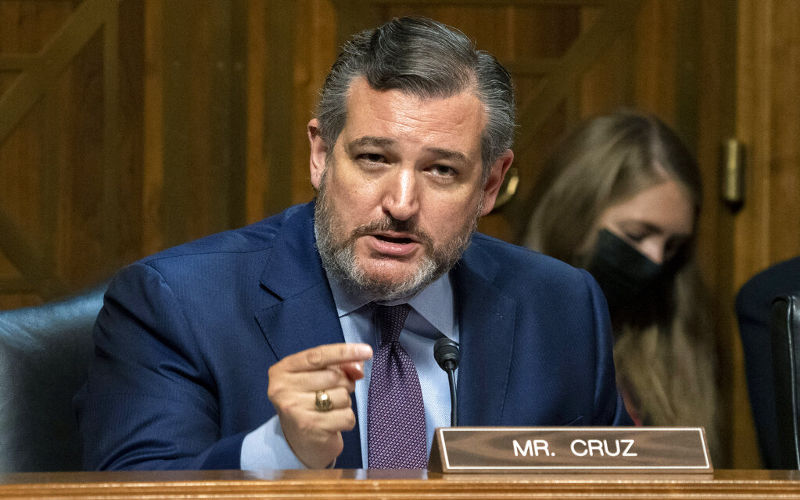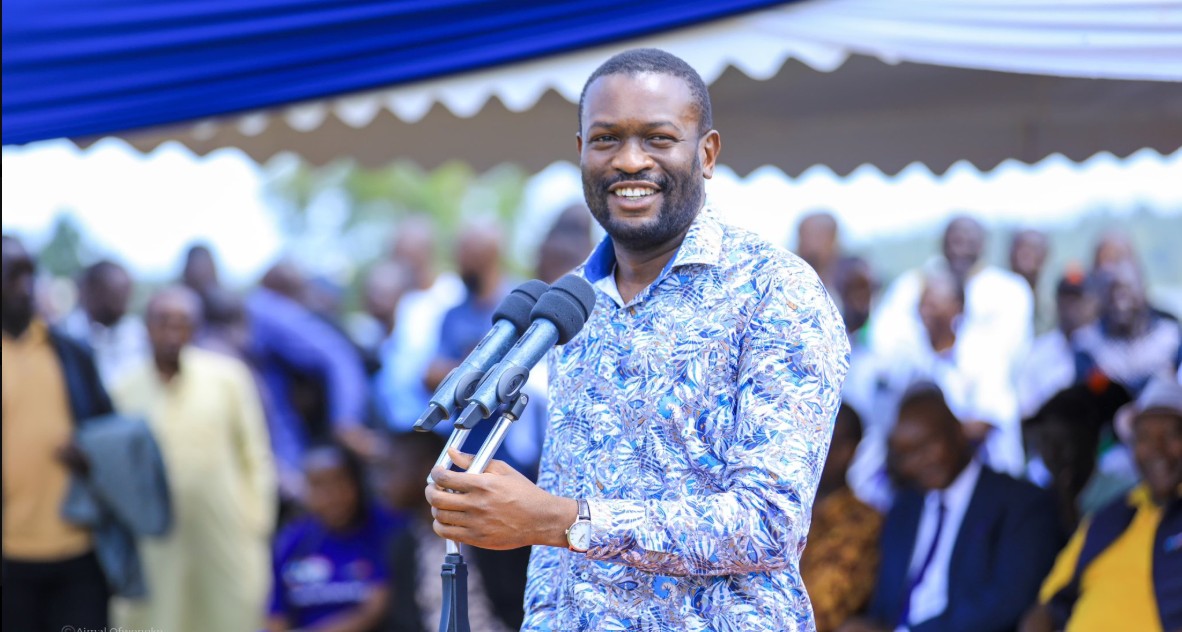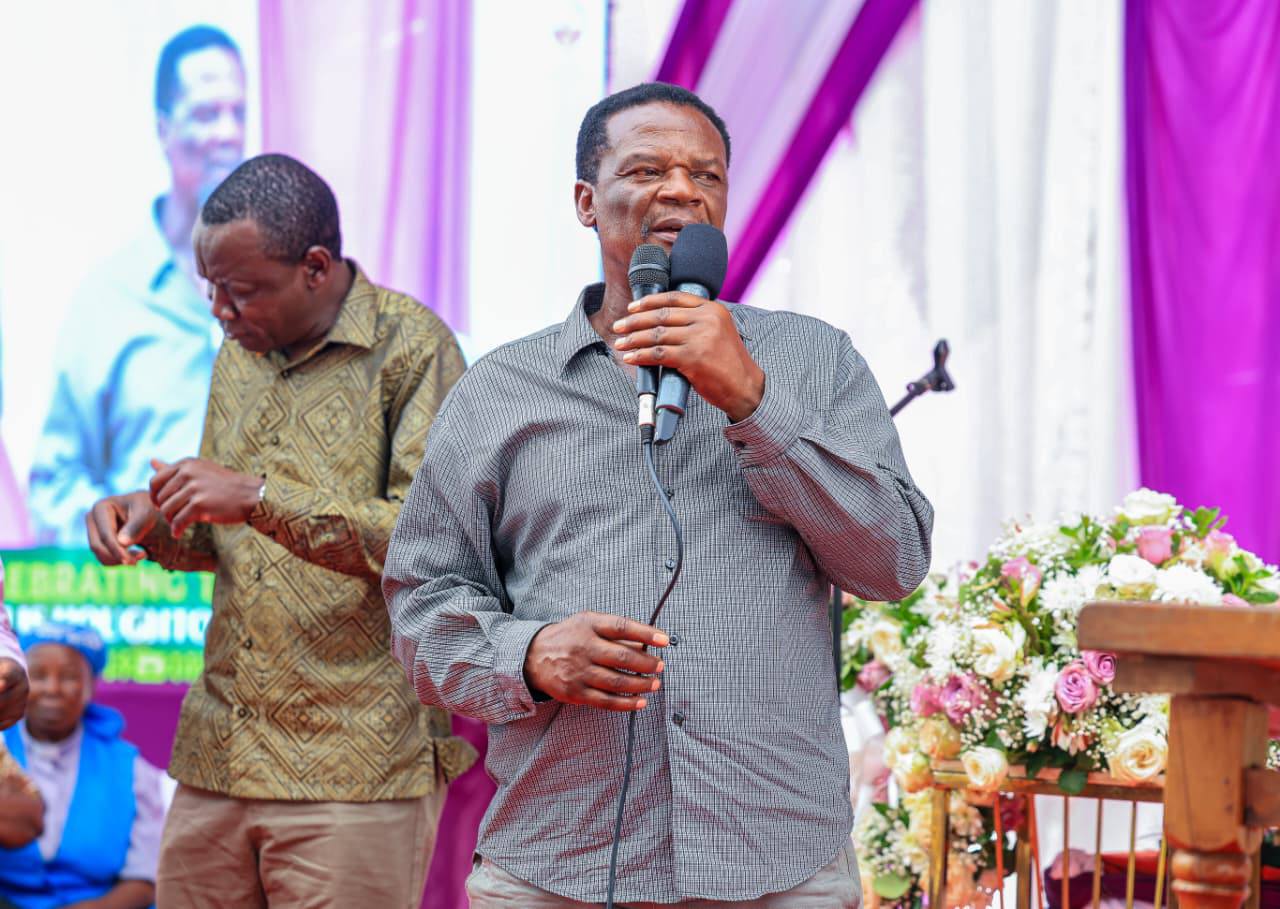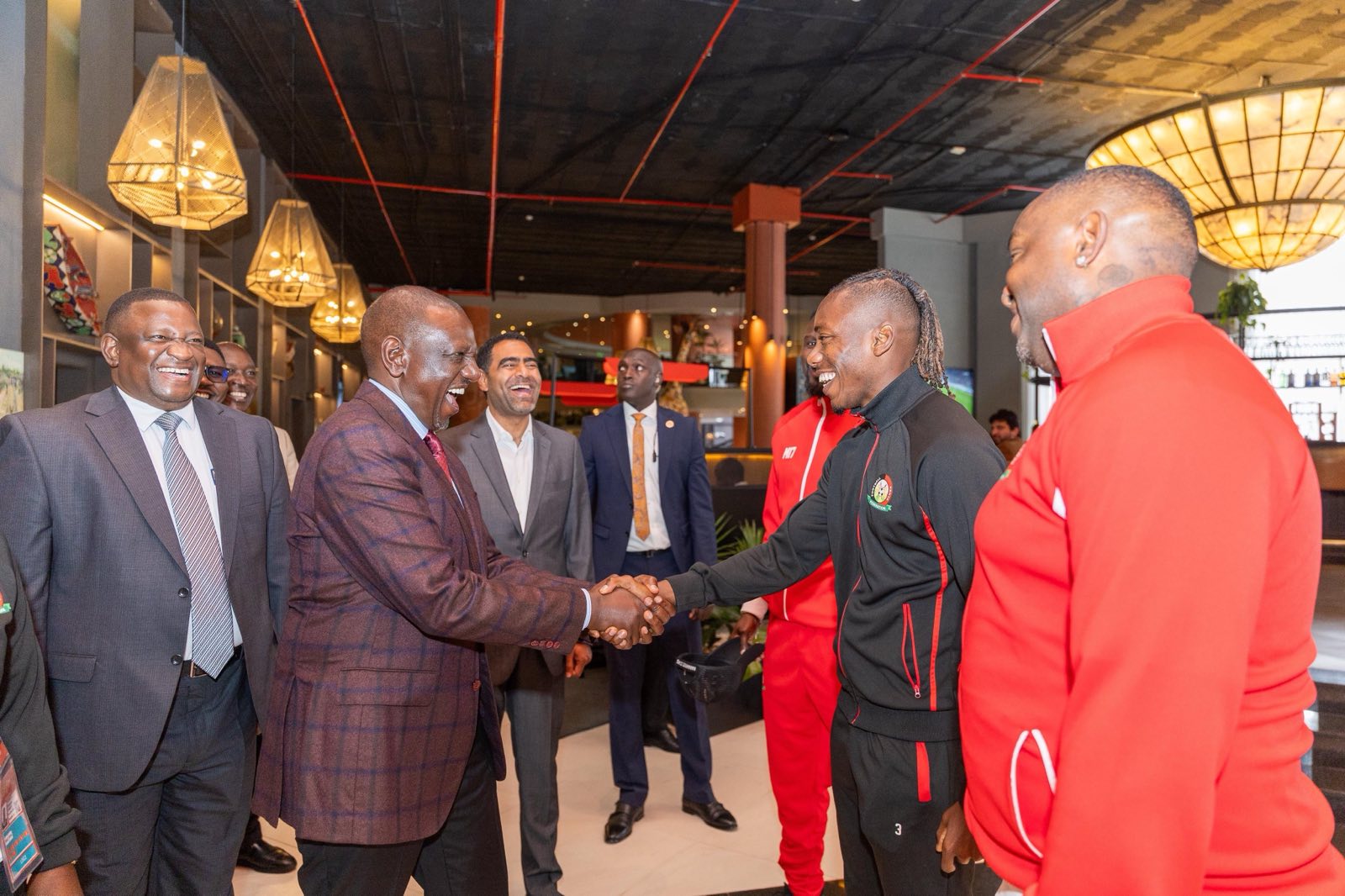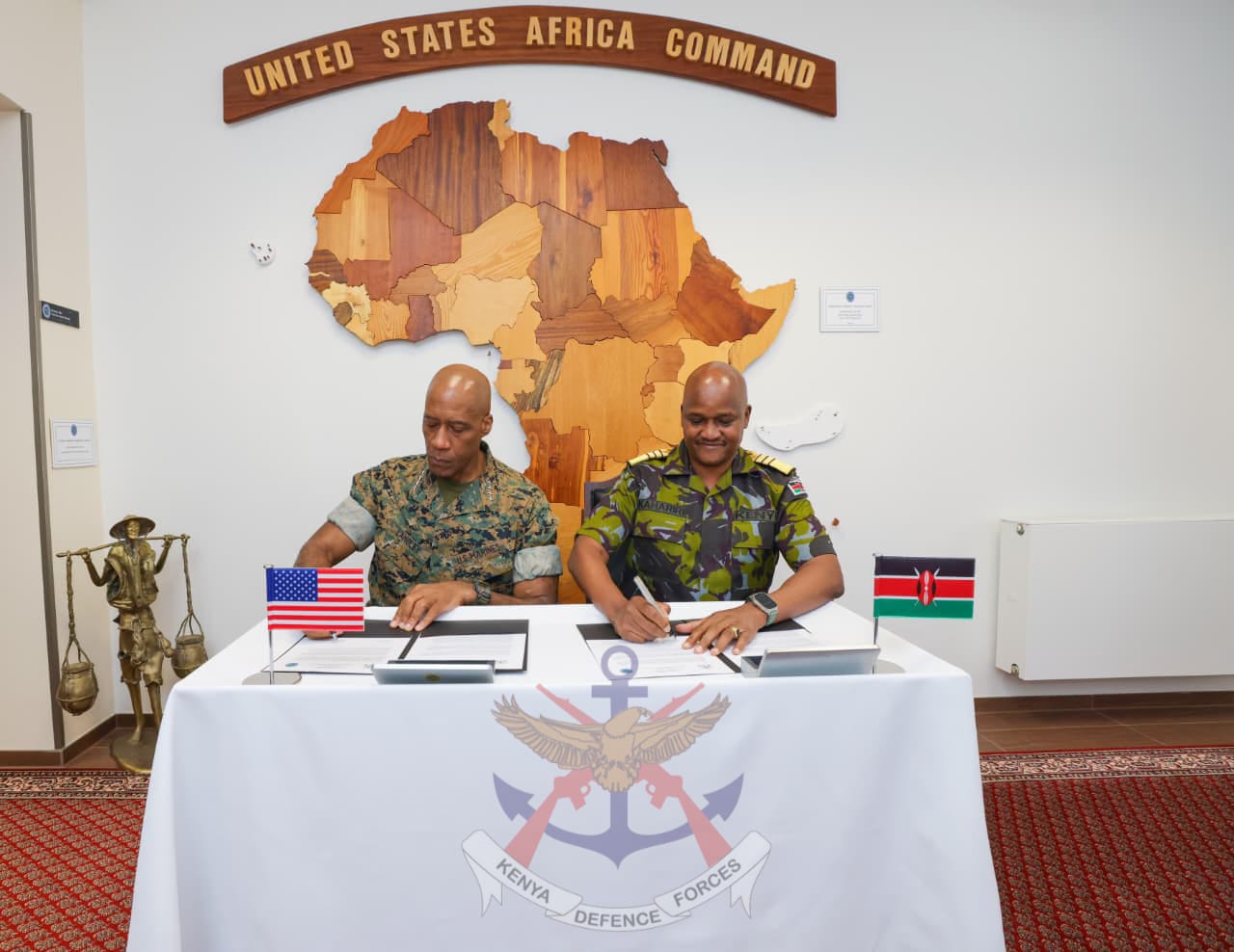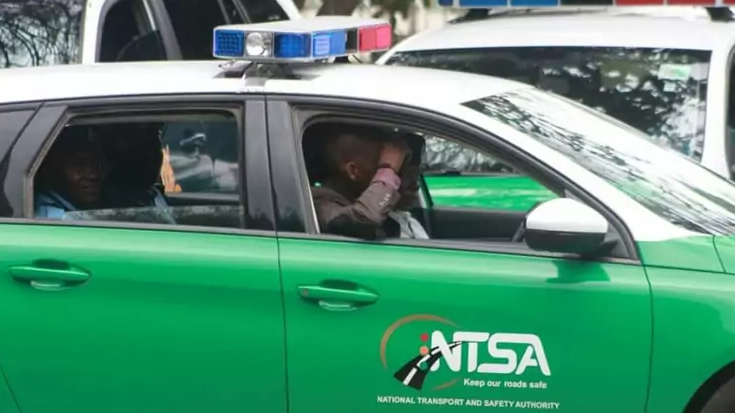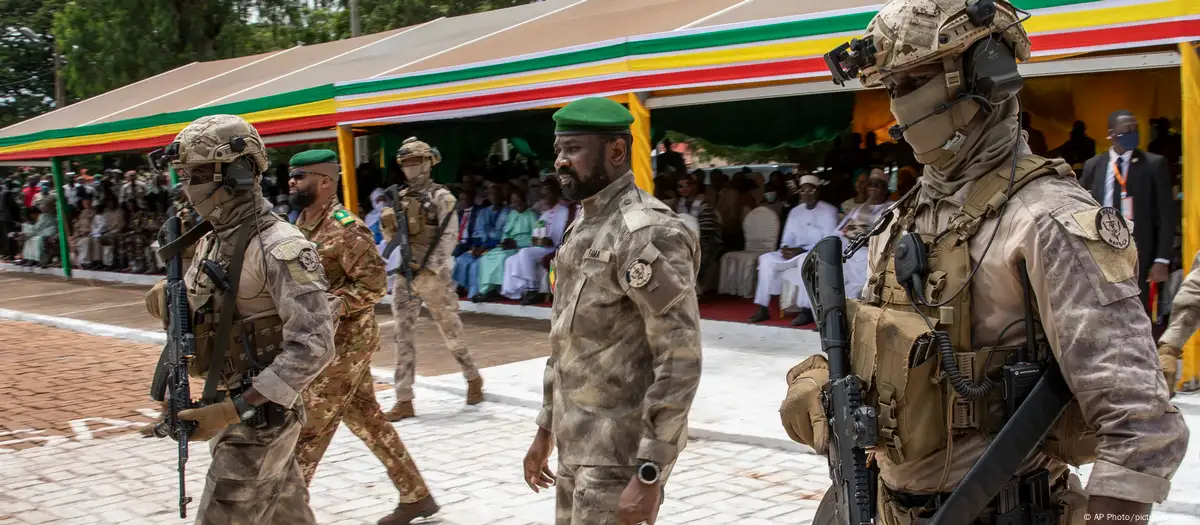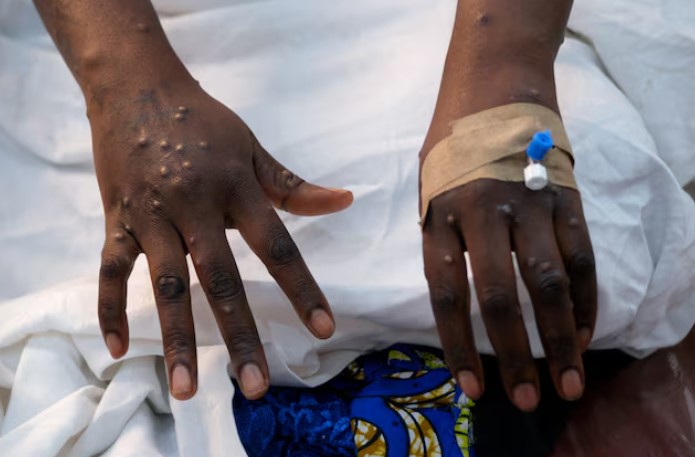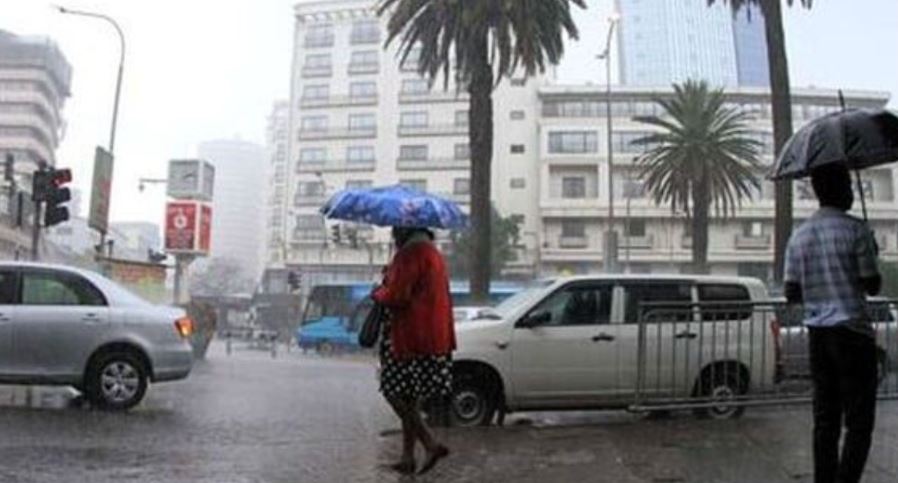New poetry collection seeks justice for Gen Z protesters killed by police
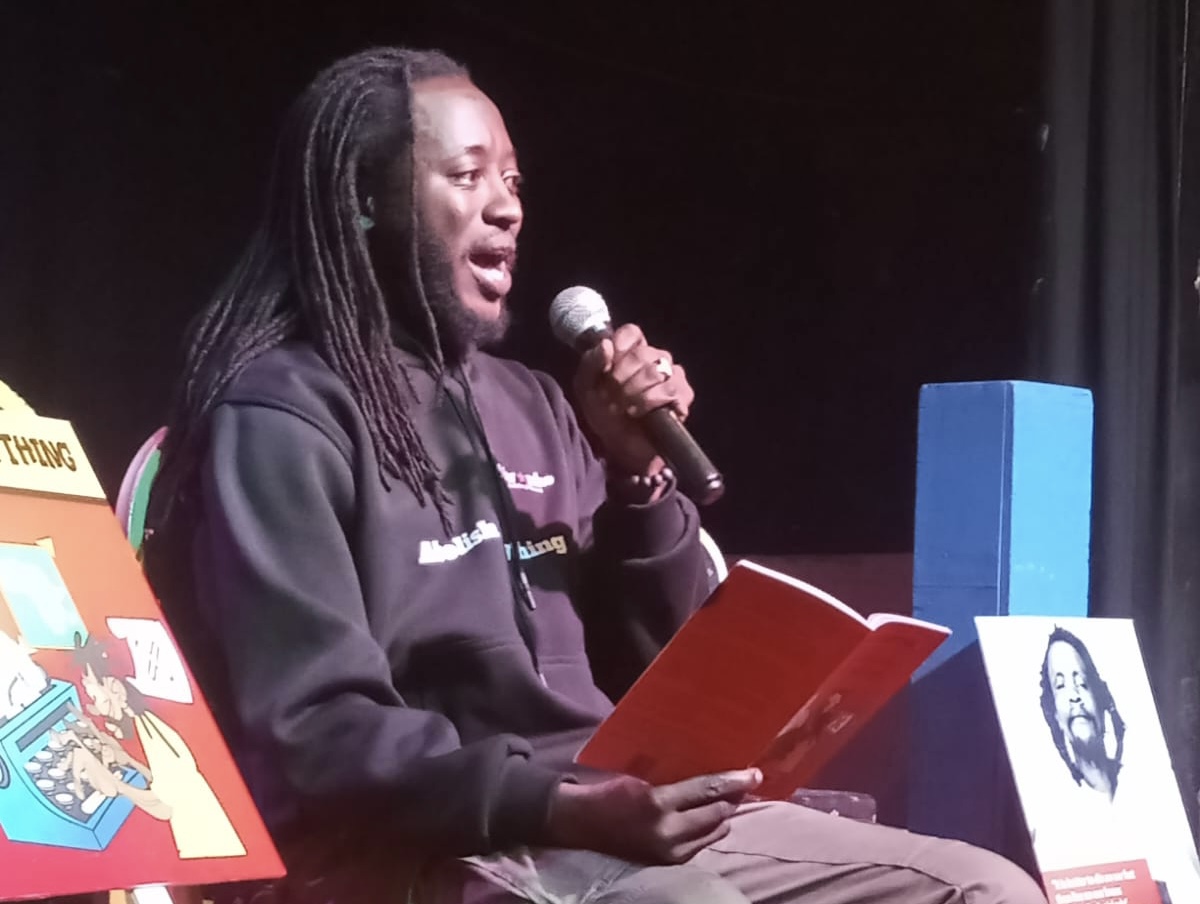
The launch of activist Sungu Oyoo’s fresh collection of poems was like a hallmark of social justice consciousness.
Poem after poem recited at the fully packed theatre hall was either about police bullets felling protesters or the remembrance of revolutionists like Thomas Sankara and Che Guevara.
The launch of activist Sungu Oyoo’s fresh collection of poems was like a hallmark of social justice consciousness.
More To Read
- NCIC blames youth exclusion, poor leadership for deadly Gen Z protests, urges national dialogue
- Lawyer Shadrack Wambui speaks, claims he is being targeted over Gen Z protests
- Police warn traders against hiring goons as guards ahead of June 25 protests, say it's illegal
- From protests to the office: How Gen Z is reshaping Kenya’s work culture and social norms
- 'Gen Z is the now': US preacher Rickey Bolden urges Kenyan leaders to listen to youth
- Respect must go both ways, Kindiki tells Gen Z, elders
The collection launched on August 3 at the Kenya National Theatre comes at a time when the government is under pressure from human rights lobby groups to address the injustices committed against protesters, some of whom have lost their lives or suffered serious injuries.
Emotions ran deep, tears flowed, and calls for justice reigned as names of protesters killed during the Gen Z protests were called out one by one as participants reflected on the government's brutality against its young population.
There were songs, dirges and chants calling for more action by Kenyans against the government’s excesses. Speaker after speaker made chants, and the audience replied in the affirmative, supporting their agitation and solidarity.
The poetry book’s title, Abolish Everything, is from one of the poems – “Abolish Everything: A poetic manifesto from last evening”.
The poet says that he prefers the title because everything in the country is not working hence the need for a new start.
“You cannot reform a neo-colonial state so you have to start afresh,” said Oyoo.
The poetry book’s launch was attended by activists from social justice organisations from Nairobi and across the country. Activists from Mathare, Mukuru and Kayole social justice centres narrated how police atrocities have gone unabated in informal settlements.
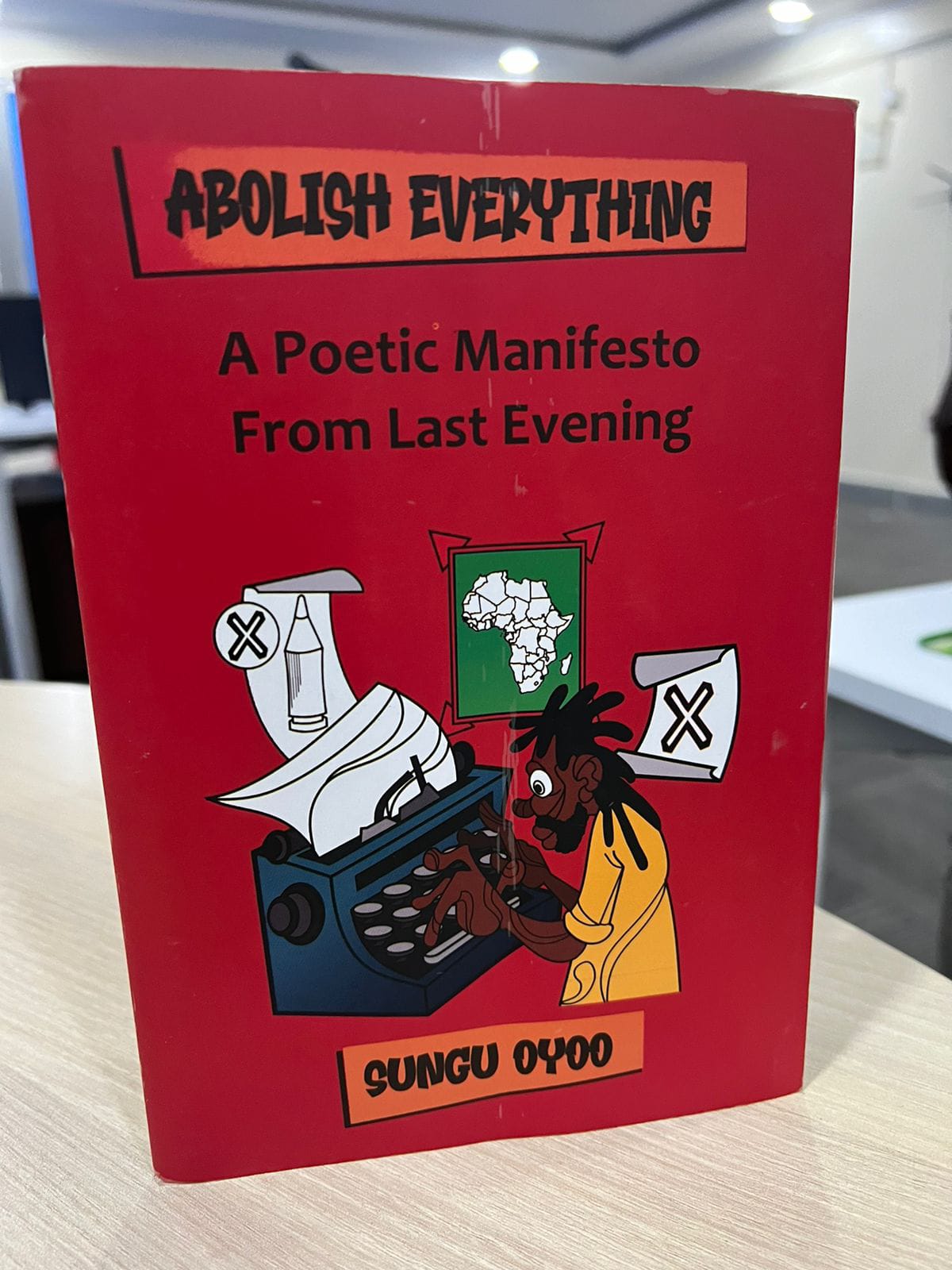
The cover of Sungu Oyoo's "Abolish Everything". (Photo: Barack Oduor)
The poems in the 35-page book published by Comrades Book House also address injustice in other African countries. For instance, “Whispers of Ogoniland” derives its heading from the execution in November 1995 of famous Nigerian rights activist Ken Saro-Wiwa by the authoritarian regime of former military ruler Sani Abacha.
Oyoo told The Eastleigh Voice that if the people’s struggle for a new society could write itself into poetry, it would have sounded just like his collection.
“In it, you find an eloquent embodiment of the just causes that the toilers and the dispossessed have always fought for,” he said.
Even when it tells a lover’s tale, the book calls for reflection and action. It, for example, reminds its readers of the killing in August 2017 of six-month-old Samantha Pendo in Nyalenda, Kisumu who died after police officers reportedly smashed her head as her mother, Lencer Awino, held her.
Decrying status quo
In his thoughts about the poetry collection, former Chief Justice Willy Mutunga noted that the Kenyan youth are today decrying the status quo that subverts their material interests in their entirety. According to the retired judge who is also an activist, the demands of the youth are about continuing the unfinished African liberation struggle.
“This collection of poetry by comrade Sungu Oyoo is the expression of collective intellect, ideology and politics – a revolutionary expression of our youth’s unstoppable march towards our liberation,” said Mutunga.
Activist Kasmuel McOure, who addressed the audience at the launch, was ecstatic about the book’s prospects, saying it had fired their resolve to agitate for good governance and get rid of poor leadership.
“This book has come at an opportune time because it helps us remember and honour our young martyrs who have lost their lives through the machinations of a government not heeding to the calls of its people,” said McOure.
The writer is an educator too. He is currently the coordinator of Mwamko, the Pan-African popular pedagogy collective. Before this, he coordinated the #ReRightHistory campaign, a Pan-African and global campaign that demanded reparations by examining the legacies of slavery and colonialism.
He was previously part of various campaigns, movements and organised groups working toward the attainment of social, economic and political rights across Africa and beyond. This is his first punished collection of poems.
Top Stories Today
